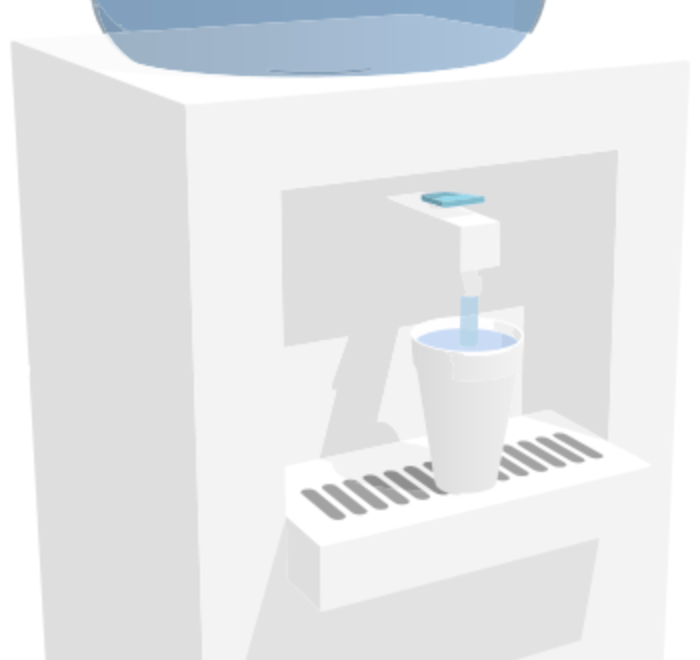ARS TECHNICA – Water purification systems installed in two ice machines in a Boston hospital were supposed to make the water taste and smell better for patients on a surgery floor—but it ended up killing three of them, an investigation found.
The purification systems inadvertently stripped chlorine from the municipal tap water, allowing bacteria normally found at low levels to flourish and form biofilms inside the machines.
This led to infections in four vulnerable cardiac-surgery patients who had prolonged stays on the hospital floor. Three of them died of their infections.
Researchers detailed the case cluster and ensuing investigation in a study published Monday in the Annals of Internal Medicine.
“Our cluster demonstrates the risk for unintended consequences associated with systems designed to improve hospital water,” the researchers—led by Michael Klompas, who works at the hospital and is a professor in Harvard’s department of population medicine—concluded.
Identifying the cluster and the culprit took some significant sleuthing; the four cases occurred sporadically between March 2017 and October 2018 at Brigham and Women’s Hospital in Boston. And it wasn’t immediately obvious that they were linked.
Doctors became suspicious after taking note of three cases in 2018, all of which had invasive Mycobacterium abscessus infections. M. abscessus infections are rare, but they’re known to be associated with health care—called a nosocomial infection—which hinted at a common source of infection somewhere in the hospital.
This led the researchers to search hospital records dating back to 2015 for other possibly linked cases. That’s when they identified the fourth case, which occurred in 2017.
Whole genome sequencing of clinical isolates from the four identified cases revealed almost perfect matches of their M. abscessus isolates. The bacterial isolates’ genomes had just one to three different point mutations among them; fewer than 20 suggest an epidemiological link. So, the researchers got to work trying to find a common source.
Of the four cases, only three had surgery at the hospital, and they were done in different operating rooms, with different cardiopulmonary bypass heater-cooler devices, which help control a patient’s temperature during surgery … read more.



